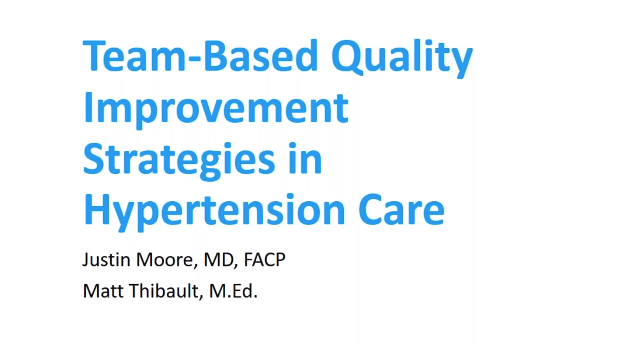In my telemedicine days, I complained constantly about the dual data entry I was forced to do. "Dual" in that I was seeing patients through a platform that could easily have recorded the visit, but I was still obligated to generate a note for billing purposes. I don't mind writing notes; I write pretty comprehensive recommendations on platforms like RubiconMD. It's the tedium of being a data entry clerk and recording things that no one will ever read that's tough. Notes are for doctors to communicate: What problem are we collectively trying to solve? What changes are we seeing in lab results or symptoms or tumor size?
For that communication to happen, the notes need to be pretty short, including some objective measures and beyond that, basically just the assessment and plan. No doctor has ever--ever--reviewed the Review of Systems from another doctor's note. Ever. But we're required to record an ROS so that we can bill under E & M (Evaluation and Management) codes, introduced to much criticism in the mid-1990s. Ditto the family history; when I see an endocrine patient, I sometimes have very specific questions about genetics and family history that are astonishingly unlikely to be included in a note from a primary care doc or, say, a general surgeon. But I dutifully click through the multiple screens that it takes to enter the information, just so that other docs can ignore it. This process, combined with the poor design of most electronic health records, is a primary driver of physician burnout, according to a 2013 RAND analysis. The assessment and plan is, I'm confident, the only part of the note that is consistently read by other docs. That's why, back in my salad days of old-fashioned transcription, I put the A/P at the top of my note. Docs could read it first, and then they could look at whatever other parts of the note they needed to only as-needed.
Notes increasingly are for patients, too. Open Notes, a project originally started in Boston kinda sorta over the objections of docs, has proven popular with patients and with providers. Patients like having access to the chart (duh). But I think the actual recording of the visit, like in the video above, may serve a better purpose for the patient, who can go back and review the doctor's words. The written note, conversely, may be a better place for the patient to record corrections or to report new symptoms.
The "Snapchat for medical visits," as some people are calling apps like Medical Memory, gives me the cold shivers. That comes as no surprise to anyone who has bumped up against my fear and loathing of social media. But even now, without the aid of dedicated software, patients surreptitiously record the audio of a large number of visits (as much as 15% of patients, according to one cross-sectional study. Why not allow docs to use the patient recording (with both patient and physician consent, and with both having access to the recording) to account for the majority of the documentation? In such a model, the physician would simply have to record an assessment and plan?
It's reasonable to wonder how the recording could be used for billing, since coders historically go through written notes and check off various elements of the exam. But I'm confident that most of the complexity of the visit could be ascertained from the content of the assessment and plan; it would require no more coaching (and far less implicit encouragement of "chart buffing") than what coders do with residents and docs now.





